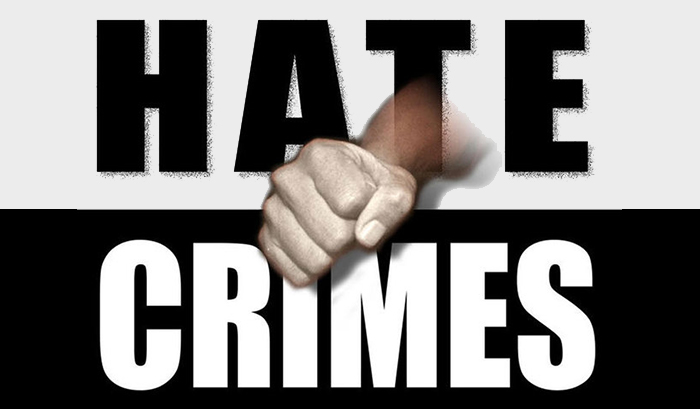[img]1|left|||no_popup[/img]
Democrats are falling faster than Gazans, only this afternoon it became a little more personal. As Molly used to say to say on the radio to Fibber, “T’ain’t funny, McGee.”
Sheila Dixon, the long-suspected Mayor of Baltimore, took a head-first elevator ride from the penthouse to the basement, and that is disappointing.
The state prosecutor slapped a 12-count indictment on the nails-tough lady mayor, although the accent should be on “nails-tough.” For now, at least, we can discard the “lady” part.
Just as with that fellow in Illinois who was impeached this morning, the law has been hunched over and sniffing in Ms. Dixon’s wake for years.
One may deduce that, because of the length of the investigation, she is slippery but only marginally in violation.
Or, one may assume that she has committed such a bulging suitcase full of sins that it took three years to round up the worst ones.
The Rap Sheet Says
The Baltimore Sun reported that Ms. Dixon:
“Was charged with four counts of perjury and two counts of theft over $500, as well as theft under $500, fraudulent misappropriation by a fiduciary and misconduct in office. The charges stem in part from gifts she received from former boyfriend and developer Ronald H. Lipscomb, who was also charged earlier this week.”
Among the allegations, it is said she appropriated gift cards from developers intended for needy families and blew them on her favorite person — in the mirror.
It is charged that she used her office to award lucrative contracts — are you listening Blago or Bill Richardson? — to a chorus of supposedly lucky dogs, including her sister, an ex-boyfriend and her campaign manager.
Calling No. 15
When I was working for a Baltimore newspaper at the end of the last century, Ms. Dixon, whose externals were unmistakably feminine, was in charge of the City Council.
Unless you wanted to risk public embarrassment and a humbling slapdown, you followed her lead.
Sissies don’t succeed in Baltimore. Probably never have.
Ms. Dixon was about my 15th most favorite Baltimore political personality. Even though it was summertime, I found it advisable to wear a topcoat when she was in the room, one cold broad.
Accidentally, she almost overhauled the entire landscape of my life.
As I recall, she was elected to the helm of the City Council in the same campaign that a Kennedyesque young,Irish Catholic, articulate, family-man Democrat named Martin O’Malley ran, and won, a brilliant campaign for Mayor.
I predicted then that he would be President someday. I have pulled back somewhat from that forecast because Mr.O’Malley has been slowed by a bump or two in the last decade although today he is the Governor of Maryland.
A Break for the Lady
Ms. Dixon moved up from President of the City Council two years ago when he became The Guv.
Keep in mind, Baltimore is two-thirds black, and so many people are involved in Baltimore campaigns that I think I only counted two residents who could not be labeled “community activists.” They had good excuses. Both were old, sickly and suffered dementia on weekends.
Don’t underestimate the strength of Gaelic blarney in such a demographic imbalance as Baltimore represents.
When a young, charming Irish lawyer can succeed a lacklustre black Mayor who was so dull he made his wife drum her fingers, figure Mr. O’Malley clearly possesses a gift to for going farther.
Ms. Dixon and Mr. O’Malley were probably the closest examples of normalcy I met that summer.
About 26 people ran for Mayor. The longest shot was an inmate. Given the bars that provided an intimidating impediment, he was forced to campaign as close to home as President McKinley did 108 years ago.
A Lucky Chain
When Ms. Dixon won her race, she hired as her deputy the editor of Baltimore’s historic black weekly newspaper.
A few days later, the newspaper telephoned to inquire whether I would be interested in interviewing for the editor’s position.
I felt a rush — but just for a moment.
My history certainly would have been changed. My wife would not be my wife, and at the newspaper, we might have had a socko effect on political life in Baltimore.
But I was packing. I already had decided to come home, and I turned down the still-intriguing inquiry.







